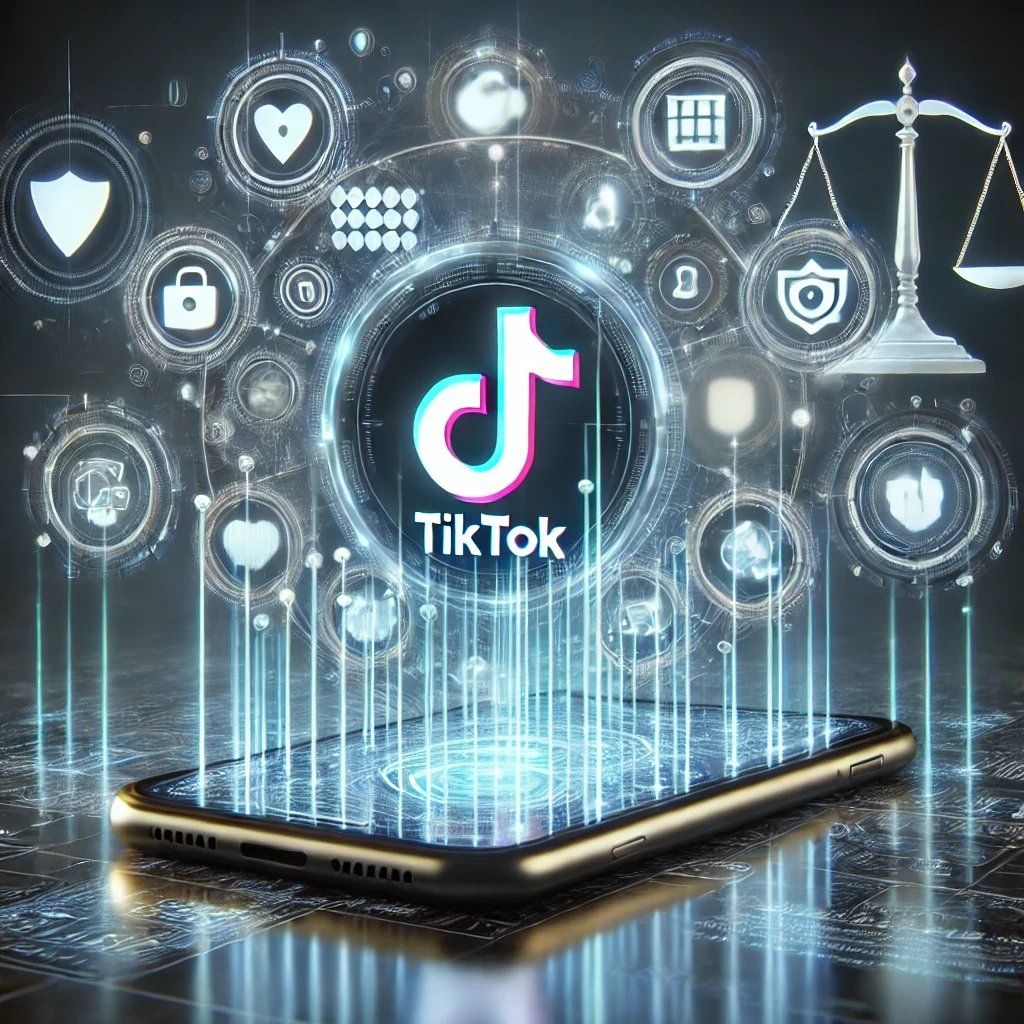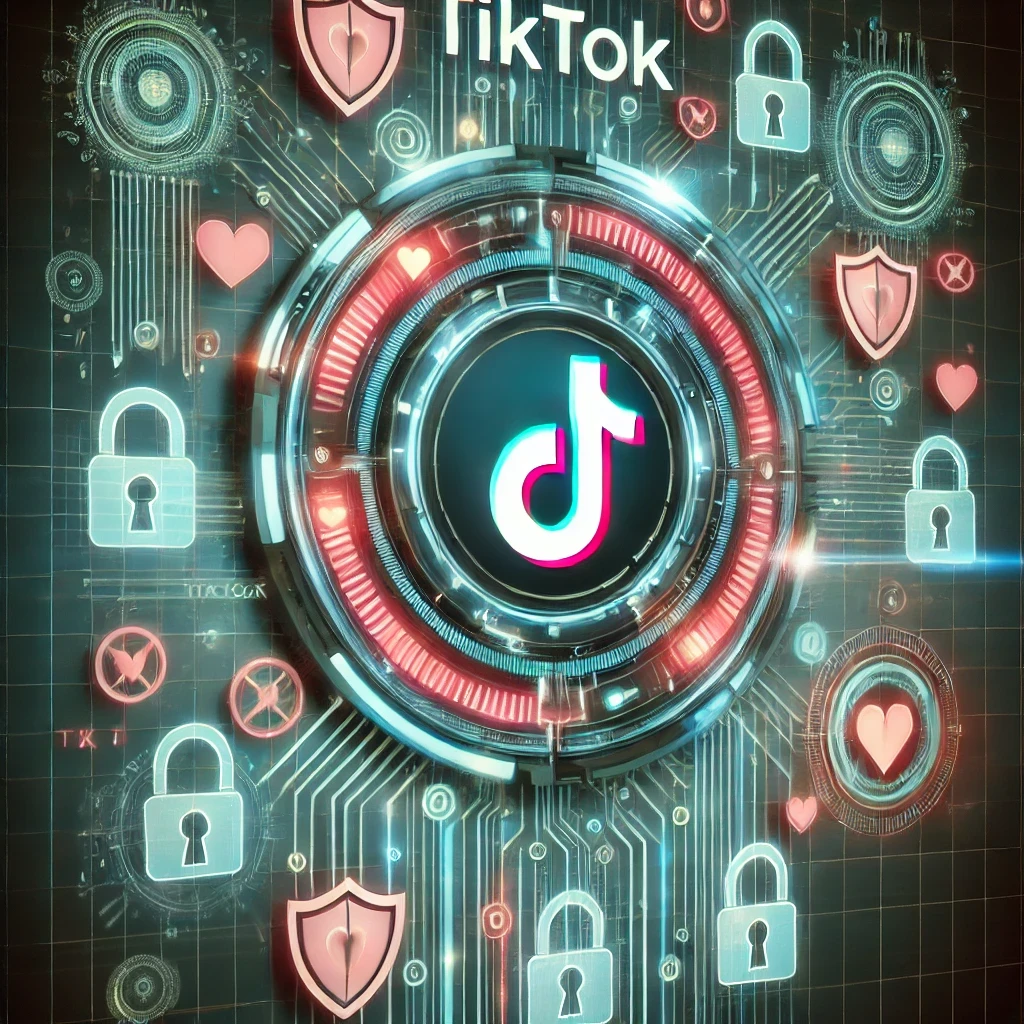TikTok Tipping Point: Secure with SMSBOWER Virtual Number

Historical Background

Early Concerns and Trump’s First Forays
Back in 2020, TikTok’s huge following raised red flags. With its Chinese roots through ByteDance, many started worrying that American data might end up in the wrong hands. President Donald Trump wasn’t having it and threatened to pull the plug. His team dropped executive orders aimed at banning TikTok (and WeChat) over national security fears.
Trump’s moves got everyone talking, and lawsuits challenged these orders. It was a wild time, with debates flaring over just how much control a social app should have.
Shift Under the Biden Administration
When President Joe Biden took over, things didn’t flip overnight. Biden revoked Trump’s ban orders but didn’t brush aside the concerns. Instead, he set the stage for a detailed review by agencies like CFIUS to check if TikTok was safe enough. Even though the bans were rolled back, many still weren’t convinced that TikTok’s data practices were any less risky.
Legislative Push: TikTok Ban-or-Sell Law

Growing Bipartisan Concern
As the months rolled on, both sides of the aisle felt the heat. Government bodies like the FBI and FCC, along with several states, began restricting TikTok on official gadgets. Heated congressional hearings—featuring TikTok CEO Shou Zi Chew’s marathon testimony—made it clear that many saw TikTok’s data habits as a threat.
Key Legislative Milestones
Things took a major turn in March and April 2024. A new law forced ByteDance to either sell off its U.S. operations or face a full-on ban. The vote was a slam dunk in Congress with the House passing it at 352–65 and the Senate following at 79–18. President Biden signed the law on April 24, 2024.
Under this law, ByteDance had until January 19, 2025—with a possible 90‑day extension—to sell TikTok to a U.S. buyer. The aim? To curb national security risks from data collection while keeping an eye on free speech issues.
Legal Challenges and the Supreme Court
Not everyone was cool with the new law. TikTok fired off lawsuits, arguing that the ban trampled on free speech (think TikTok v. Garland). After a long legal ride—with appeals and heated debates—a federal appeals panel gave the green light on December 6, 2024. Then, on January 17, 2025, the Supreme Court backed the law, stressing that national security concerns had to come first.
The Final Countdown and Immediate Aftermath

Events of January 18–19, 2025
Things hit the fan on January 18, 2025. TikTok went dark—users couldn’t access their accounts, and the app was pulled from major stores like Apple and Google. The drama didn’t stop there. President-elect Donald Trump jumped on social media, hinting at an executive order that might delay the ban by 90 days and even suggesting a 50% stake deal for the U.S.
Restoration and Uncertainty
By January 19, TikTok was back online after Trump’s announcement, but it remained off the app stores for new downloads. Meanwhile, ByteDance wasn’t in a hurry to sell, even with interest from big names like Frank McCourt and Kevin O’Leary. And if you’re thinking about starting fresh on TikTok, remember our virtual number for TikTok and temp mail from SMSBOWER can help you get rolling again.Analysis and Implications
Legal and Political Ramifications
This whole saga is a tug-of-war between national security and free speech. Critics argue that banning a popular app might be a way to silence certain viewpoints, while supporters say protecting our data is more important. It’s a classic case of balancing safety and freedom, and it’s got everyone talking.
Economic and Social Impact
For many creators and small businesses, TikTok isn’t just a fun app—it’s a lifeline for cash and fame. Influencers, like Livvy Dunne, have built empires on the platform, and this ban shakes things up big time. The fallout might push users to jump ship to other platforms like Red (Xiaohongshu). And if you’re looking to start a new TikTok account, don’t forget you can always use our virtual number for TikTok or grab a temp mail from SMSBOWER.Future Outlook
Will Trump’s executive moves hold up? What does the future have in store for TikTok and other Chinese-owned apps in the U.S.? These questions are still up in the air. As more laws and regulations come into play, we might just be seeing the beginning of a broader push for tighter data privacy rules in America.
Conclusion
TikTok’s journey from early warnings in 2020 to a landmark Supreme Court decision in January 2025 has been nothing short of wild. The drama highlights the tightrope between keeping our data safe and letting folks express themselves freely. It leaves us wondering: will TikTok vanish from U.S. screens, or is there a lifeline yet to be pulled? And if you’re ready to jump into the mix or start fresh on TikTok, remember our virtual number for TikTok and temp mail services from SMSBOWER have got you covered. Free numbers might sound tempting, but trust—only our paid service gets the job done right.Stay informed, stay secure, and keep it real.
Popular Articles




 EN
EN

